🥔 Are Potatoes Actually the Most Underrated Health Food?
Potatoes: The Misunderstood Staple With Superfood Qualities
Potatoes are often seen as a “bad carb” or cheap filler — associated with fries, chips, or heavy comfort food. But the truth is: real, whole potatoes are one of the most nutritious, affordable, and versatile foods on the planet.
They’ve fed entire civilizations, sustained explorers, and even kept people alive during famines. If you think potatoes are just empty starch, it’s time to rethink everything you’ve heard.
The Secret Nutritional Power of the Common Potato
Let’s start with the facts. One medium-sized potato (about 150 grams, boiled with skin) gives you:
- Over 25% of your daily vitamin C
- 620 mg of potassium (more than a banana)
- A solid dose of vitamin B6, magnesium, iron, and fiber
- Only around 110–130 calories
- Absolutely zero fat or cholesterol
And if you eat them with the skin? You get even more fiber and antioxidants like chlorogenic acid and polyphenols that fight inflammation and aging.
Potatoes and Satiety: You Feel Full Without Overeating
Potatoes are ranked #1 on the Satiety Index — meaning they make you feel full and satisfied more than any other food tested, including rice, pasta, or bread.
This makes them perfect for:
- Weight loss without hunger
- Preventing cravings
- Stabilizing blood sugar over time
Unlike processed carbs, potatoes — especially boiled or baked — digest slowly and don’t spike insulin as much as many assume.
Heart and Blood Pressure Support
Potatoes are one of the richest natural sources of potassium, which is critical for heart health. Potassium helps:
- Balance sodium levels
- Reduce blood pressure
- Prevent heart strain and water retention
They also contain resistant starch — especially when cooled after cooking — which acts like fiber in your gut, feeding healthy bacteria and improving metabolic health.
Good for the Gut and the Brain
That resistant starch we mentioned? It’s powerful.
- Boosts gut flora
- Improves bowel regularity
- May lower risk of colon cancer
- Feeds the “second brain” — your microbiome
At the same time, the vitamin B6 in potatoes supports neurotransmitter function, helping with mood regulation, sleep, and stress response.
Cooking Matters: Not All Potatoes Are Created Equal
To get the best out of potatoes, how you prepare them makes all the difference:
✅ Boiled with skin — preserves potassium and fiber
✅ Baked or steamed — no added fats, good texture
✅ Cooled after cooking — increases resistant starch
❌ Fried or heavily buttered — adds unhealthy fats and ruins the benefits
❌ Instant mashed potatoes — often stripped of nutrients and loaded with additives
💡 Pro Tip: Pair potatoes with protein (like eggs, beans, or fish) and greens to make a full, balanced meal that’s satisfying and blood sugar–friendly.
Potatoes Are Incredibly Accessible and Sustainable
One of the best things about potatoes? They’re:
- Cheap and available year-round in Kazakhstan
- Easy to grow — even in tough soil or buckets
- Store well for months without refrigeration
- Cook quickly and in endless ways
In terms of nutrient-per-tenge, potatoes are one of the most cost-effective superfoods you can put on your table.
Not Just White Potatoes: Try Variety
There are many types of potatoes, and each has unique qualities:
- Red potatoes — waxy, lower glycemic, great for salads
- Purple potatoes — rich in anthocyanins (brain-boosting antioxidants)
- Sweet potatoes — technically not the same species, but full of beta-carotene
- Yellow or Yukon Gold — creamy and perfect for roasting
Rotating types gives you a broader nutrient spectrum and keeps meals interesting.
Final Thoughts: The Redemption of the Potato
For too long, potatoes have been unfairly demonized in the health world. But when eaten whole, simply cooked, and with their skin, they’re one of the most nourishing and complete foods on Earth.
They give you energy, keep you full, support the heart and gut, and provide minerals your body needs — all while costing just a few тенге per serving.
So next time someone calls potatoes “junk,” hand them one — and ask if they know what’s actually inside.




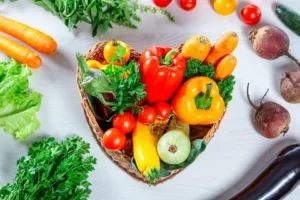
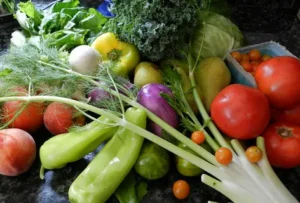
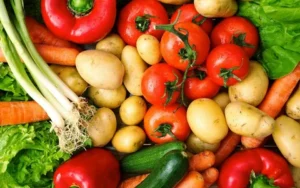
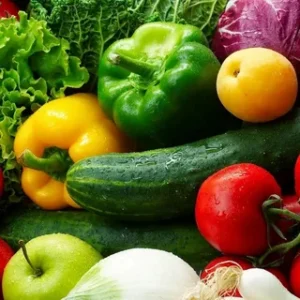
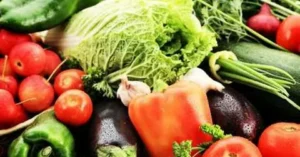
Post Comment